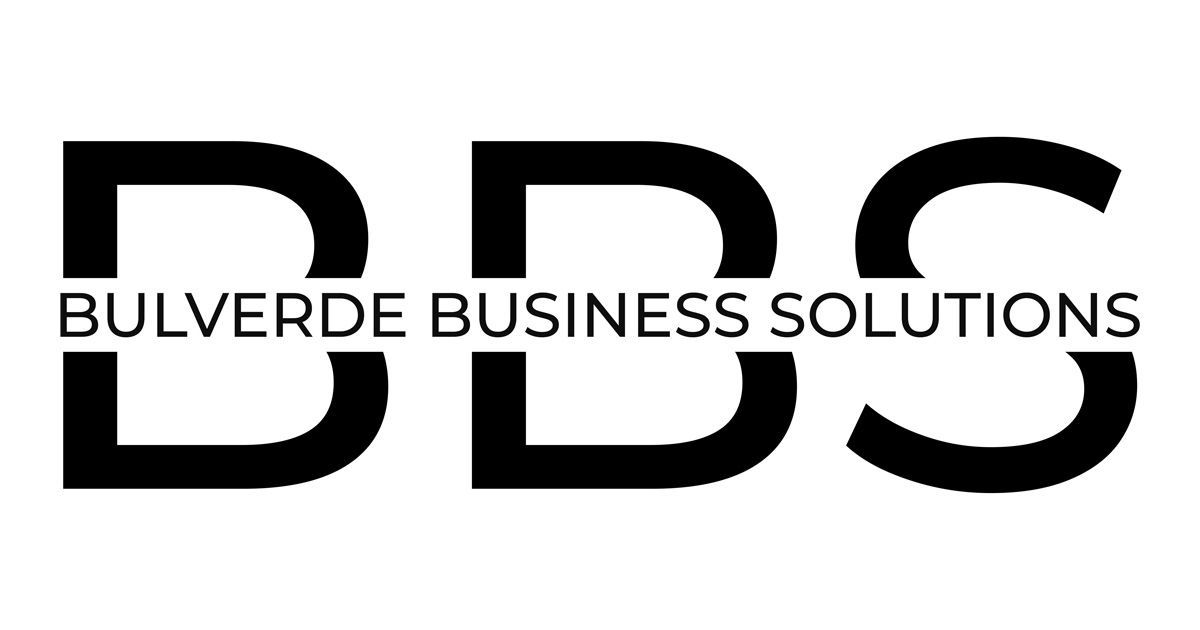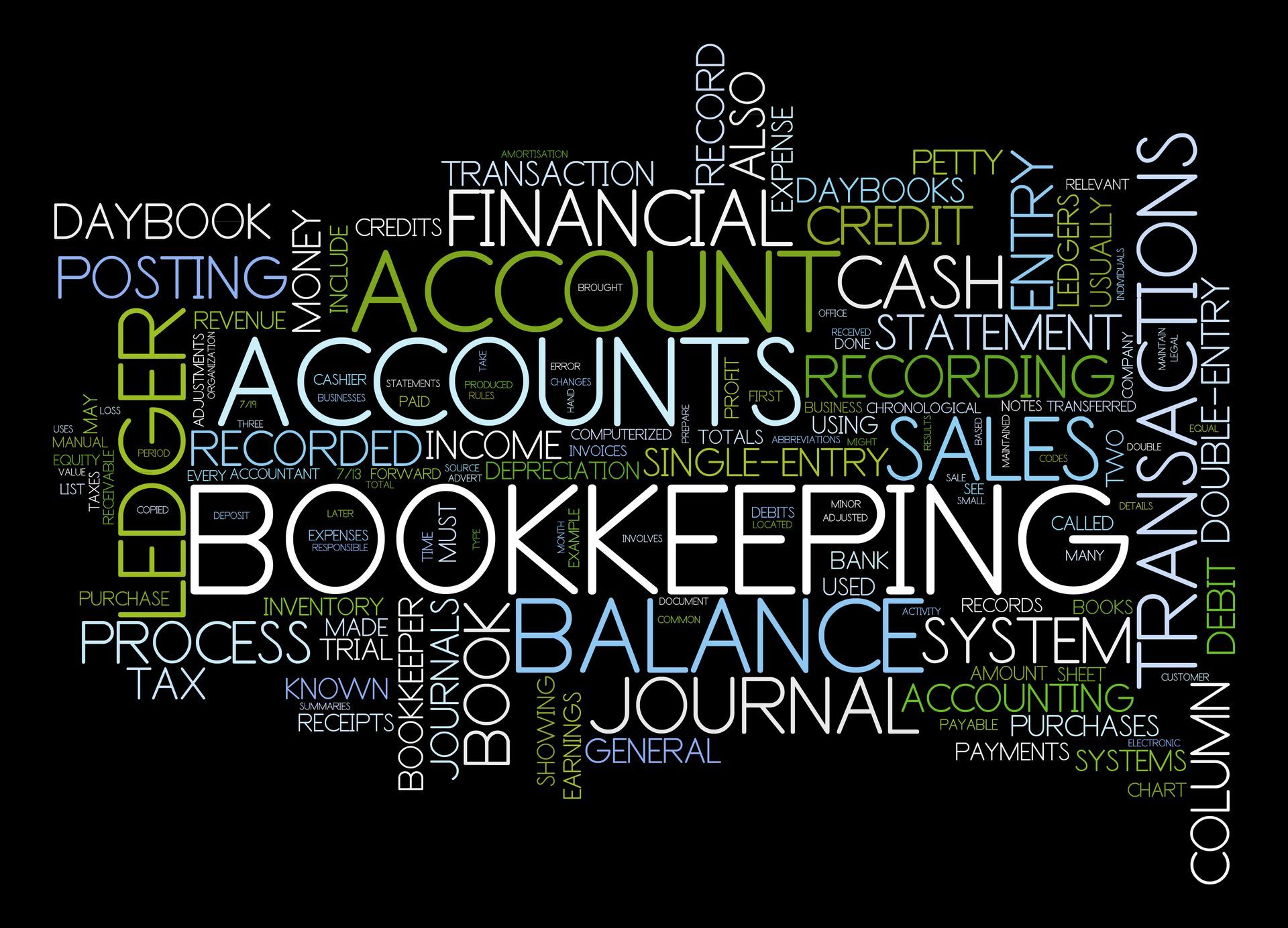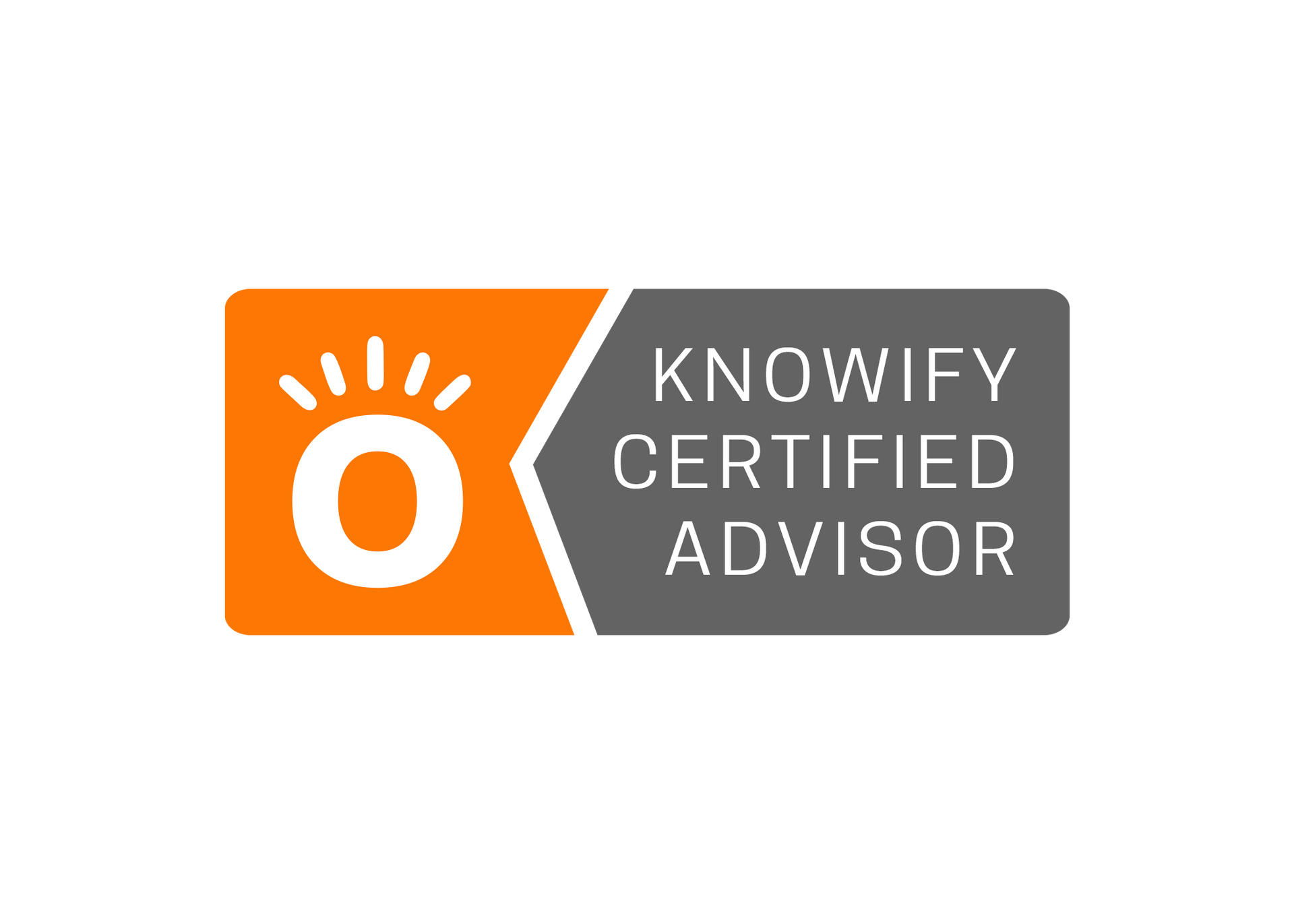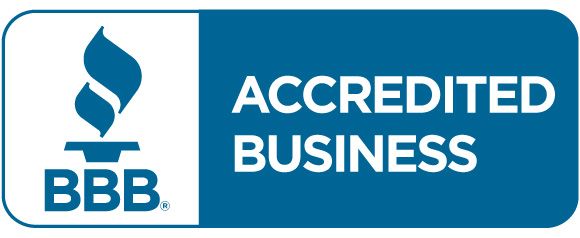Do You Need a Bookkeeper

Do you need a bookkeeper?
We're glad you're asking! Today, you'll get the answers you need according to your unique small business and what suits your needs as a business owner.
Starting a small business is expensive.
That's why small business owners do the work of janitor, stock clerk, greeter, and other tasks in the business's early months.
Unfortunately, it takes time to build a reputation that generates enough sales for the enterprise to make a consistent profit. Fortunately, entrepreneurs know the importance of keeping accurate records. They know that financial statements are interpreted to determine their financial position and chart their future. Although the work requires a competent employee, entrepreneurs may be required to keep the records, record transactions, and develop a bookkeeping process.
Employer Employs Self
But if you're an employer who employs yourself, you might be asking that big question: Do you need a bookkeeper? Well, let's start by looking at a few solutions and considerations to help you find out.
First solution
Suppose the owner is familiar with accounting principles like single-entry bookkeeping, double-entry bookkeeping. In that case, they may buy a bookkeeping software package. They might sync financial data like a bank account or credit card and record financial transactions during slow periods or after hours. Unfortunately, entrepreneurs are usually short on time. So ultimately, this routine isn't sustainable for long. You need to know your true cash flow, and have the most accurate financial information at all times.
Second solution
Suppose the owner is not familiar with accounting principles and which accounting method is best for their business. In that case, they might engage an accountant to set up the accounts, teach them the basics and periodically check the work. This solution may not be cost-effective, and owners should compare these costs with hiring a bookkeeper and outsourcing.
Outsourcing the Bookkeeping Department
As the business grows, transactions increase. When the owner discovers they need help, they should consider outsourcing some or all of the accounting departments. Companies may outsource payroll, accounts receivable, accounts payable, or other accounting tasks.
To determine the profitability of outsourcing, management should do a cost analysis to determine the difference in cost between outsourcing and in-house operations.
The analysis includes bids from local and online accounting firms. In-house operations include salaries, taxes, and benefits. And, of course, the additional office equipment associated with the bookkeeping operations to be outsourced.
Advantages of Outsourcing
- Cost-Effective
- Access to Expert Advice
- Gives Management Time to Focus on Other Business Operations
- Trained Experts Keep Business Compliment with Filing Taxes
Hiring a Bookkeeper
Since business conditions are constantly changing, management should keep track of outsourcing costs. Be sure to analyze any substantial increase or decrease to determine the reason. Either of these conditions could indicate that an in-house bookkeeping operation would yield a cost reduction.
If you decide an in-house operation is the best option, management should determine the most cost-effective solution. For example, a part-time bookkeeper would cost less than a full-time employee.
In addition, an entry-level bookkeeper begins at the minimum wage, whereas an experienced bookkeeper would receive a higher wage. Don't overlook the possibility that someone on the administrative staff might do part-time bookkeeping.
Do you need a bookkeeper? Call us today
Promising entrepreneurs know and evaluate all of their options before hiring a bookkeeper.
If we can help in any way to help you make some critical decisions about your bookkeeping, please don't hesitate to contact us today. Our bookkeeping services include account reconciliation, payroll, financial reporting, bill paying, and more. Don't wait another day to learn firsthand what outsourcing bookkeeping can do for your business.
Get a Free Consultation
Accurate, weekly bookkeeping tailored to small business owners—so you can grow with confidence.
Latest Posts


